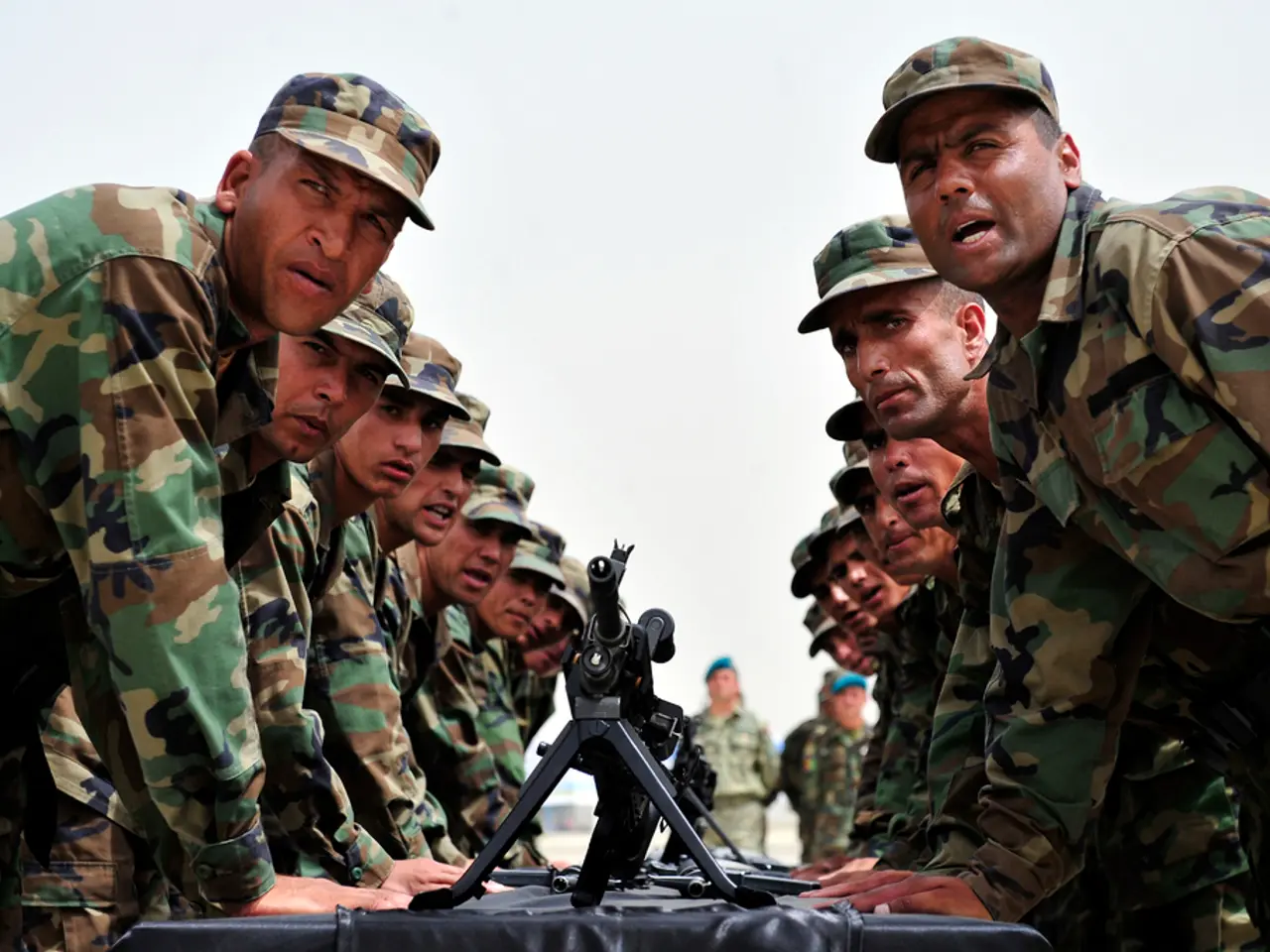Syria's army headquarters in Damascus were hit by Israeli strikes.
In the heart of the Middle East, a new chapter of conflict unfolds as Israeli airstrikes target Syria's Druze-majority Suweida region, marking a significant escalation in violence. This latest development comes amidst intense sectarian clashes, with the violence spanning from July 12 to 16.
Israeli air raids have targeted key installations around Damascus, including those near the Presidential Palace, justifying their actions as a means to "protect" the Druze community. However, international observers have labelled these strikes as "escalatory" and violations of Syrian sovereignty.
The Israeli airstrikes, coupled with clashes in Suweida that began around July 13 between Sunni Bedouin tribal groups and local Druze fighters, have further destabilised the region. The United Nations has expressed grave concern, warning that these developments not only worsen humanitarian conditions but also undermine ongoing peace efforts and efforts towards political reconciliation in Syria, particularly in the sensitive region of the Golan Heights.
For Israel's Druze minority, these strikes underscore a complex and precarious position. While Israel claims to protect Druze interests in Syria, the military actions potentially deepen tensions both within Syria and between the Druze communities across borders. The Suweida Druze have been involved in defending their territory against hostile forces, but the external military involvement risks entangling them further in the regional conflict.
Regarding Israel's relations with the Syrian regime, the strikes are seen as a direct violation of Syrian sovereignty and the 1974 Disengagement of Forces Agreement, which seeks to maintain stability on the Golan border. Syrian authorities and international actors warn that such actions undermine regional stability and complicate efforts towards any inclusive political process or reconciliation under UN resolution 2254. The UN has urged both sides to refrain from actions that further escalate conflict and to commit to dialogue and political transition processes that include all Syrian communities.
As the situation continues to evolve, the Israel Defense Forces (IDF) have announced their readiness for various scenarios and their intention to continue attacking regime forces in the Suweida region until they withdraw. The IDF has also conducted strikes on the gates of a military facility in the region, with ongoing operations in southern Syria as well.
Israel has pledged to protect its Druze minority, with Israeli Defense Minister Israel Katz stating that the army will escalate its responses against the regime if the message is not clear. As the region teeters on the brink of further instability, the fragile balance between military actions and internal Syrian sectarian tensions poses challenges for both local communities and broader geopolitical stability.
Politicians and international observers are discussing the escalatory Israeli airstrikes, a part of war-and-conflicts, as they pertain to key news events in the Middle East. These strikes, coupled with internal conflicts in the Suweida region, are causing significant concern for general news outlets, as they impact peace efforts and political reconciliation within Syria, particularly in the Golan Heights.








